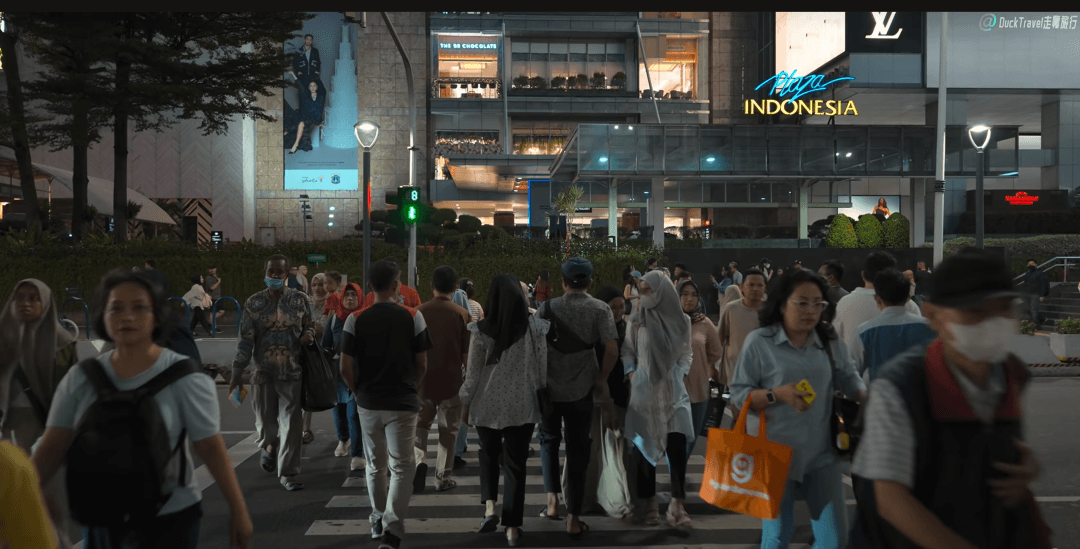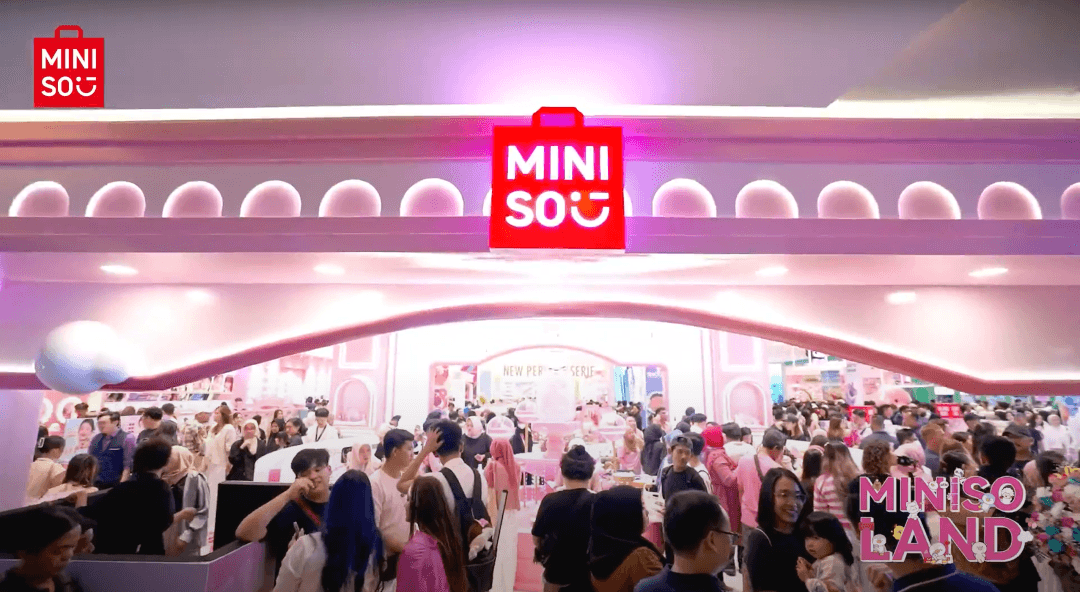
- About Ylab
- …
- About Ylab
- About Ylab
- …
- About Ylab

Y Research | Indonesia’s Gen Z: Spending Boldly, But Differently

World's fourth-largest population. Southeast Asia's economic powerhouse. Seventh-biggest GDP globally, behind only China, US, India, Japan, Germany, and Russia.
Most dismiss Indonesia as another "manufacturing hub" or "price-sensitive market." Look closer and you'll find something different: a bold, rising generation of 71.5 million young spenders rewriting the rules. They're not just cost-advantage beneficiaries anymore—they're driving regional culture and consumption trends.
So why do Chinese brands keep crashing here? Why can't e-commerce giants crack this market? What does it actually take to win Indonesian youth?

DuckTravel: Jakarta, Indonesia🇮🇩 The Super Modern Capital of Indonesia!
Indonesian GenZ: They Spend Different
Indonesia's allure for Chinese brands runs deeper than demographics—consumption patterns are shifting dramatically.
Gen Z makes up 28% of Indonesia's population—that's Germany-sized buying power hitting peak earning years. Sure, their average wages might look modest on paper, but unlike budget-obsessed Chinese Gen Z, Indonesians spend boldly with their own logic.
They skip big purchases—not because they won't buy, but because they buy smart.
Private land ownership means self-built homes are common. Young people dodge mortgage stress, rent short-term, ride motorcycles everywhere. Their lifestyle stays naturally light. No future anxiety. No savings obsession. This "low-pressure living" unleashes serious immediate spending power for everyday items and experiences.
Why can't Chinese brands copy their Southeast Asian playbook here? Cultural complexity.
Indonesian Gen Z navigated unique tensions growing up: 87% Muslim in the world's largest Islamic nation provides stable values, while digital boom opens modern possibilities. This dual reality created their paradox—devout yet sensual, disciplined yet wild.
They toggle between restraint and release effortlessly. Strong impulse buying, extreme price sensitivity. Research shows 89% make emotional purchases, 46% use payment plans for coveted items.
This isn't contradiction—it's cultural sophistication. Not either/or thinking, but both/and living.
Modern doesn't replace traditional here; they merge seamlessly. That's why price-slashing and cookie-cutter "localization" fail spectacularly.
Winning Indonesian Gen Z means understanding an evolving cultural ecosystem, not just another Asian market.

Source: Kompas Indonesia
Earn Trust Through Touch
In Indonesia, winning young consumers means earning cultural credibility. They verify digitally discovered interest physically—Instagram likes trigger mall visits, not cart additions. They need to see, feel, experience before buying. This "touch-then-trust" behavior stands out in Indonesia's scattered island geography.
Unlike China's unified market, Indonesia's archipelago creates logistics nightmares. Despite massive social media usage, offline retail remains crucial. Shopping here is social ritual and cultural participation, not just transactions. Urban youth discover online but validate offline.
Shopping expresses brand loyalty while serving daily social, aesthetic, and cultural needs. Beautiful products aren't enough—brands need compelling reasons for physical store visits. Online discovery plants seeds; offline experience closes deals.
Details Matter Most
Case 1: MINISO's $170K Jakarta JackpotAugust 31, 2024: MINISO opened Indonesia's biggest flagship in Jakarta Central Park. 3,000 square meters, 30 registers running non-stop, still couldn't handle 3-hour lines. Day-one sales: $170K, smashing global records.
This mega-store flipped Indonesia's small convenience store script. Instead of cramped corners, MINISO bet big on space, experience, and reimagining dollar stores (roughly $1.40 here). It worked—not just through pricing but perception shifts.

Source: Miniso official YouTube
Case 2: Mixue's Franchise Phenomenon2020: Mixue opened in Bandung. 2024: 2,300+ stores nationwide, beating local favorite Kopi Kenangan for beverage market leadership.
$0.70 ice cream and milk tea conquered coffee-obsessed Indonesia. Behind this ultra-aggressive franchise expansion lies perfect product-location-culture alignment.
Case 3: VIVO's Cultural TightropeRamadan 2017: VIVO launched limited editions honoring the holy month. 2018: Unveiled V9 series at Borobudur temple, mixing lights, ceremony, and tech across 12 national TV broadcasts.
In Indonesia's sensitive multicultural landscape, VIVO keeps connecting launches with local beliefs, festivals, and landmarks. Their manufacturing localization and features like motorcycle modes show deep market understanding.
What's Next
Indonesian Gen Z lives complex realities. They scrutinize Halal certification while craving design innovation. They love global trends but demand local relevance.
Malaysia's Gen Z offers another multicultural case study—balancing Malay, Chinese, and Indian influences with even more finesse, demanding higher cultural intelligence from brands.
Next up: Malaysia's Gen Z consumption landscape. Success isn't about going global—it's about patient cultural learning.
Ylab Consultancy




